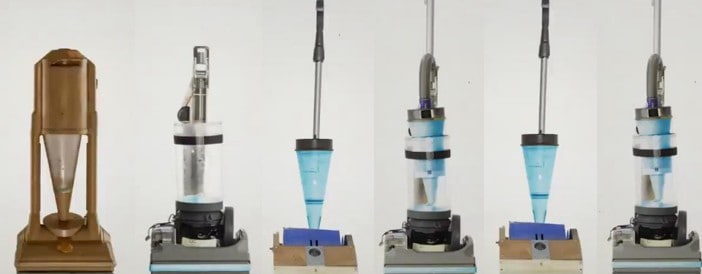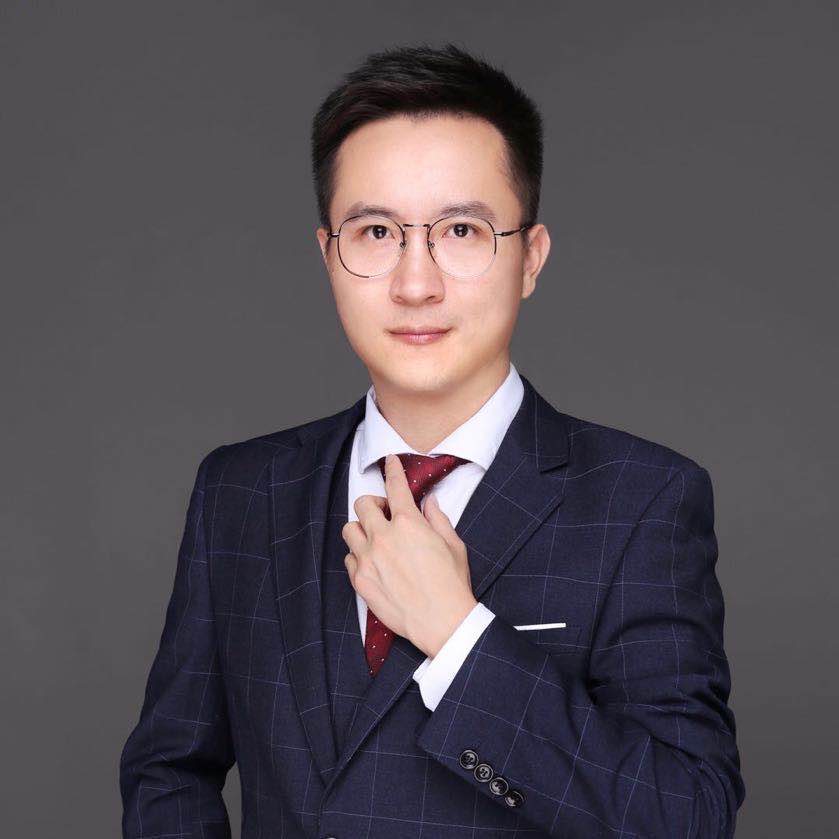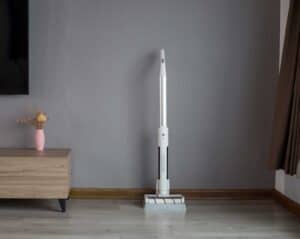In September 1954, Shen Yongming, an engineer from Shanghai Yongtai Electrical Machinery Factory, designed and developed the 200W and 400W vertical vacuum cleaners with reference to foreign prototypes. In 1955, he developed 200W DC vacuum cleaners, mainly for international trains to and from the Soviet Union. A total of 372 vacuum cleaners were produced during this period.
In 1957, the Dawei Motor Plant owned by Shanghai Rotary Electric Industrial Co. Ltd. took the Soviet prototype and tried to produce a 400W horizontal vacuum cleaner.
In 1960, Dawei Electrical Machinery Factory and Hengtong Cotton Spinning Factory were merged and renamed to Shanghai Miniature Bearing Factory. In 1966, the 400W horizontal vacuum cleaner was transferred to Dahua Motor Hardware Factory, which is owned by Shanghai Light Industry Bureau.
In 1966, Dahua Hardware Factory was changed to Shanghai No. 3 Electric Factory and it produced the “Happiness” Brand vacuum cleaners. The company had 115 employees and produced 2,627 vacuum cleaners in 1968.

In May 1977, the Shanghai Electric No. 3 Plant produced 50 sets of 1000W vacuum cleaners for Chairman Mao Memorial Hall.
In 1979, Suzhou Changjiang Hardware Factory which produced long-term nails and wires successfully manufactured vacuum cleaners and from this point they started to fully produce vacuum cleaners in Suzhou.
In March 1980, Suzhou Changjiang Hardware Factory changed its name to Suzhou Household Appliances No. 1 and began producing vacuum cleaners, waxers, and sweepers. In 1981, it trial-produced a new miniature vacuum cleaner with 938 units being produced that year.
In 1982, Hongqi Instrument Factory merged with Shanghai No. 3 Electric Appliance Factory and changed to Shanghai Vacuum Cleaner Factory. The number of employees increased to 570. Currently, it is the only professional factory producing vacuum cleaners in Shanghai.
In 1984, Suzhou Household Appliance Factory was renamed to Suzhou Vacuum Cleaner Factory.
In 1985, the number of vacuum cleaner factories in Shanghai increased to 17, with an annual output of 61,100 vacuum cleaners. Shanghai Vacuum Cleaner Factory produced 58,500 units, accounting for 95.9% of Shanghai’s production.
In 1986, Suzhou Vacuum Cleaner Factory produced the first batch of home vertical vacuum cleaners, the “ChunHua” Brand, in China. The “ChunHua” Vacuum Cleaner, the “Great Wall” Fan, the “Xiang Xuehai” Refrigerator, and the “Peacock” TV all became very popular in China. The Suzhou people proudly called it “Four Famous Names”.
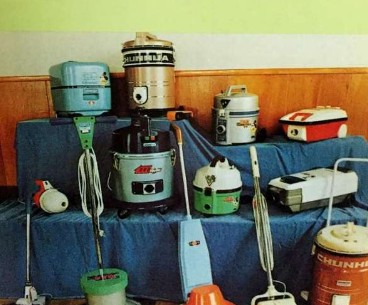
In 1987, the annual sales volume for vacuum cleaners in Suzhou Vacuum Cleaner Factory reached 163,300 units, which was seven times higher than that in 1986. The factory was ranked first in the domestic industry, and the first export was 24,400 units.
Towards the end of 1987, Ni Zugen (who later became the boss of LEXY/KingClean) resigned from the army. By the end of that year, he had transferred to the Suzhou vacuum cleaner factory. He successively served as an electrical engineer before serving as the director of the electric motor factory.
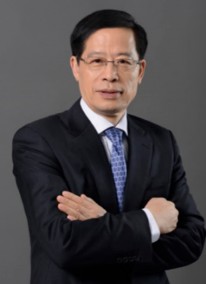
On April 12, 1988, the Chunhua Vacuum Cleaner Plant was established. In this plant, there are 7 sub-factories for motor manufacturing, injection molding, stamping, packaging materials, accessories assembly, and product assembly. The annual production capacity of “Chun Hua” vacuum cleaners is 89.95 million units.
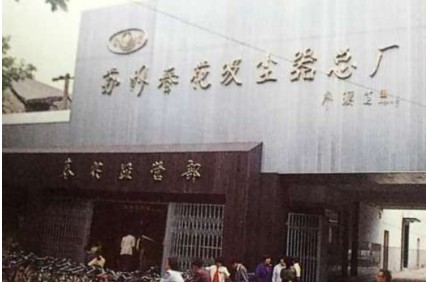
In 1988, the sales volume for vacuum cleaners in Shanghai was 403,900 unit. The Shanghai vacuum cleaner factory produced 205,000 units of the total volume.
In 1989, Zhejiang Vacuum Cleaner Factory was established. In 1993, it was restructured and renamed to Ningbo Fuda Electric Co. Ltd.
In June 1989, the 600,000 high-speed serial motor automatic production line introduced by Chunhua Vacuum Cleaner was put into operation. Changing the condition of the vacuum cleaner motor depended on imported and cleaner production, sales and profits for three consecutive years.
In 1989, the production of vacuum cleaners in the Shanghai city increased to 482,700 units. This was considered as a clear oversupply leading to some of the vacuum cleaner factories to be dismantled.
In 1989, the output of spring vacuum cleaners was 804,000 units. Production and sales still accounted for more than half of the country’s production. In 1990, the output of vacuum cleaners dropped by 200.6 million units. This still accounted for more than 35% of the national market segment.
In the vacuum cleaner market, a major turning point occurred in 1990. There was an oversupply of vacuum cleaners in the market leading to the closure of several vacuum cleaner factories.
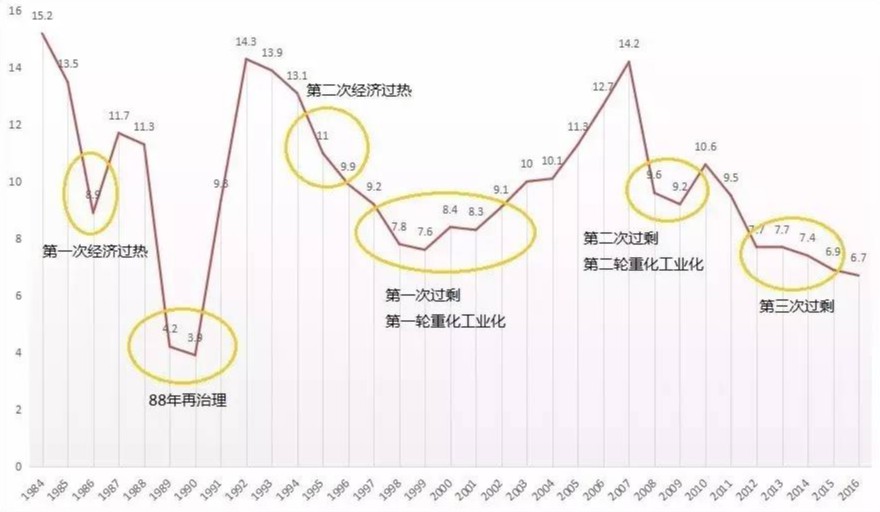
In 1990, Qian Dongqi, Ecovac’s (also known as TEK) boss was able to create crucial connections in the vacuum cleaner industry. After that, he officially started to work on the vacuum cleaner OEM business.
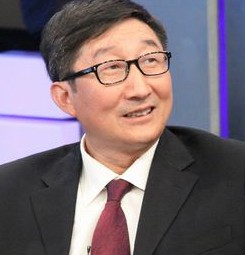
In May 1994, Suzhou Chunhua Electric Appliance Co. Ltd. was established through a combined fund-raising by Suzhou Vacuum Cleaner Plant, Wuxian Microcomputer Factory, and Changzhou Xushi Town Asset Management Company. In that year, Suzhou Chunhua Electric Appliance Co. Ltd. was granted import and export rights. Consequently, the vacuum cleaner output increased to 75.35 million units and exports increased to 370,000 units as well.
In August 1994, BianZhuang, the deputy director of Suzhou Light Industry Bureau, resigned from office and set up Suzhou EUP Electric Co. Ltd. (EUP). Ten years later, EUP, Lexy (KingClean), and TEK (Ecovac) became the top 3 vacuum cleaner manufacturers in China.
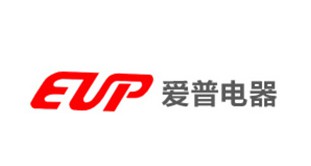
In October 1994, Ni Zugen borrowed 30,000 U.S. dollars to establish Kingclean Corporation, which focused on OEM export business for vacuum cleaners and other products that have motors as their core components.

In 1995, Taizhou Yili Electric Co. Ltd. was established and began to professionally design and manufacture household vacuum cleaners. Yili Electric Co. later transformed into becoming the largest vacuum cleaner manufacturer in China in 2006.
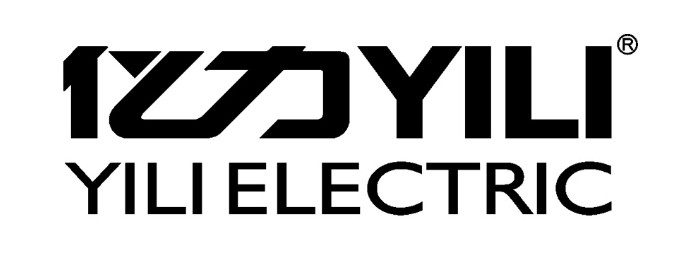
In 1995, the output of Kingclean Vacuum Cleaner was 730,000 units, accounting for 57% of the national market, and exports accounted for 50% of the total exports, 85% of which were sold to European Union countries. KingClean Vacuum Cleaner continued to be the No.1 vacuum cleaner producer in China.
In May 1995, Chunhua Electric and Philips Company of the Netherlands established a joint venture, Suzhou Chunfei Home Appliances Co. Ltd. Philips brought technology and orders that significantly led to the development of the vacuum cleaner industry in China. Philips is the most important foreign brand in the vacuum cleaner industry.
In 1996, Ningbo Fuda Electronics went public and became the first IPO in vacuum cleaner industry.

In 1996, Li Jukun, owner of Vacuum Cleaner Parts manufacturers, established Suzhou Chunju Electric and became an important member of the second echelon in the vacuum cleaner industry by cooperating with Philips.

In 1996, Dongguan Hongda Electric was officially established through a 50:50 joint venture between Miele and Melitt to produce Miele vacuum cleaners and other home appliances.

In September 1996, Suzhou Chunhua Electric Co. Ltd. increased its capital and expanded its shares. Meanwhile, it changed its name to Jiangsu Chunhua Electric Group Co. Ltd.
In 1996, KingClean was formally renamed to an English name “KingClean” which basically meant the king of cleaning, implying that Kingclean’s goal was to be king in the vacuum cleaner industry. In the same year, the company’s exports exceeded 20 million dollars making it the largest vacuum cleaner factory in China. During this golden period in the development of the industry, a vacuum cleaner with a FOB price of US$11.6 had a gross profit of RMB 40.
In 1997, LEXY established a motor factory and introduced a motor production line from Japan with an annual production capacity of 30 million high-speed motors.
In 1998, Qian Dongqi acquired Ecovac Robotics (Suzhou) Co. Ltd. (formerly known TEK) and began to independently develop and produce vacuum cleaners.
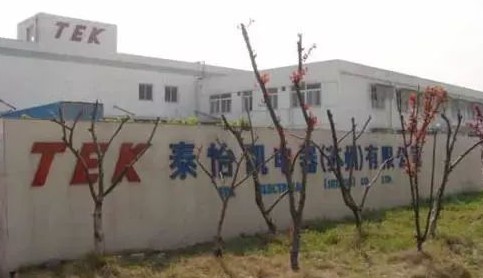
In 1999, LEXY invested in the establishment of a mold factory. The factory introduced a large number of advanced mold manufacturing equipment from Germany, Switzerland, and Japan, in order to upgrade the mold manufacturing level and lower the cost of production.
In 2000, Airtek Electronics (Shenzhen) Co. Ltd. was established to produce vacuum cleaners for Electrolux and other brands.
In 2002, Ningbo Fujia Industrial was established and later became a member of the second echelon in the vacuum cleaner industry by partnership with the United States Company SharkNinja.
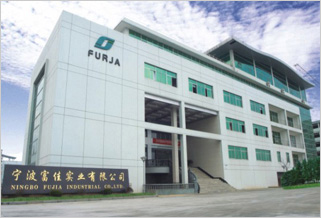
In 2002, Suzhou Cinderson Motor was established and later became the largest third-party motor factory in the vacuum cleaner industry in China.

In 2003, Suzhou Chunhua Electric Group was restructured. In 2004, the company moved to Suzhou Economic Development Zone.
In 2004, the annual sales volume for LEXY Vacuum Cleaner exceeded 8 million units, becoming the world’s No.1 vacuum cleaner R&D manufacturing enterprise.
In April 2005, Jiangsu Chunhua started cooperating with Guangdong Midea group changing its name to JIANGSU MIDEA CHUNHUA ELECTRIC APPLIANCE CO. LTD. and Xiao Jianfu became the general manager.
On December 6, 2006, Skybest Electric (Suzhou) Co. Ltd., a subsidiary of a foreign investment group, was established. The rapid development of Tianyou made it the largest wet and dry vacuum cleaner factory in China.

On June 11, 2007, Puppy sold their first vacuum cleaner online for the first time. By taking advantage of the rapid e-commerce development, puppy electronics became one of the most popular online brands.
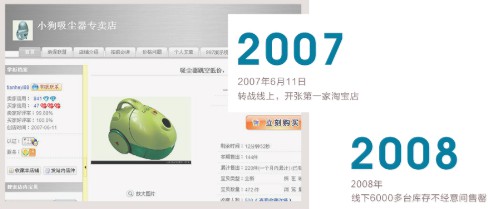
During the financial crisis of 2008, Kingclean faced a massive decrease in orders from foreign customers and tried to establish its own brand for domestic sales.
In 2008, after the friendly separation of Chunhua and Midea, Xiao Jianfu set up a new factory in Wuxi, Wuxi Jiejia electric, and continued to use the Chunhua brand to produce more vacuum cleaners.
In April 2009, Kingclean announced its entry into the domestic market and officially launched the “LEXY” brand.
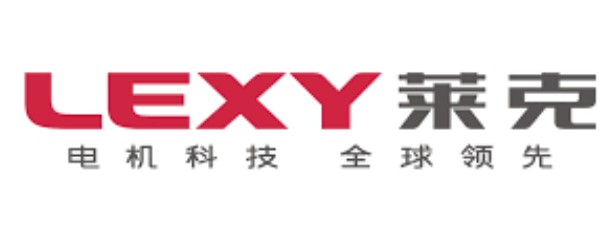
In 2009, TEK R&D home sweeping robot was born and the company embarked on a mission of transforming robot vacuum cleaners.
In 2010, Guangdong Xinbao Electric Co. Ltd. set up a factory in Anhui Province to enter the vacuum cleaner industry. In 2014, Xinbao Electric was listed on the main board with its domestic brand Donglim.
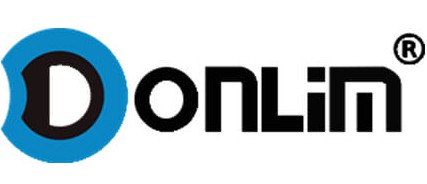
In 2010, iRobot, an intelligent robot sweeping company, announced that it had reached an agreement with Jabil to build a smart robot vacuum cleaner.

In December 2012, the high-end vacuum cleaner brand, Dyson, entered the Chinese market. In 2011, media reported that Dyson had persuaded the British Prime Minister Cameron to complain to Premier Wen Jiabao about the infringement of the Dyson patent in the Chinese market.
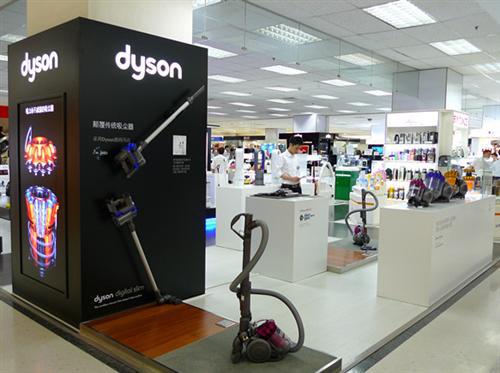
In 2013, Techtronic Industries (TTI) closed their own vacuum cleaner factory in China and switched to OEM model.

On the evening of April 22, 2014, LEXY Electric announced the initial public offering of share prospectus.
In 2014, the EMS giant Flextronic Shenzhen factory started producing vacuum cleaners for an American brand Bissell.

The European Union officially implemented the first stage of ERP for vacuum cleaners. This changed the shape of vacuum cleaners completely in the EU market. Vacuum Cleaners became smaller.
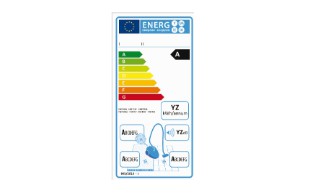
On May 13, 2015, LEXY Electric was successfully listed on the Shanghai Stock Exchange. This made the Ni Zugen family one of the richest families in Suzhou.
On November 12, 2015, Suzhou ITTAR Technology (834236.OC) was listed on the NEEQ.

In 2016, LEXY’s domestic self-owned brands began to make profits. In the first half of 2017, brand revenue increased by 130%.
In April 2016, LEXY and Joyoung bid for the German home appliance brand WMF. Foreign competitors were Electrolux of Sweden, SEBA, and De’Longhi. The Winner was French SDA giant Group SEB .
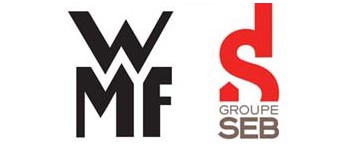
In June 2017, Midea announced the establishment of its 10th Business Unit, the Clean Appliance Business Division. Ma Chibing was appointed the General Manager of the unit.
In September 2016, Xiaomi Ecological Chain Enterprise, Roborock Technology launched its first product, “The Mijia Brand Cleaning Robot”, which began to capture the market with low-profit margins.
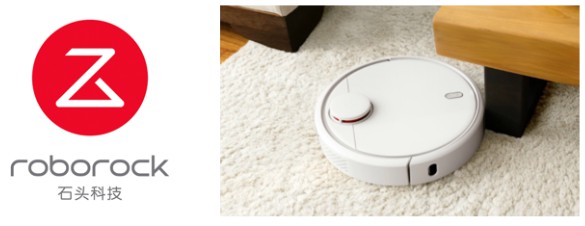
On December 6, 2016, Puppy Electric Internet Technology Co. Ltd. Beijing (abbreviated as Puppy Electric, securities code: 870077) was formally listed on the national small and medium enterprise equity transfer system.
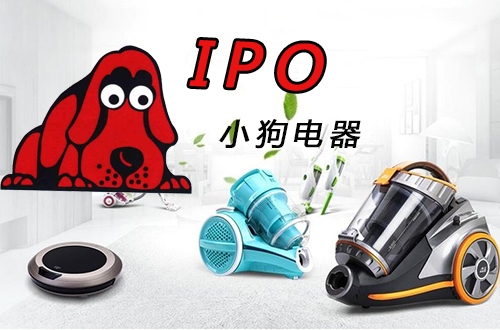
On December 6, 2016, due to the sharp decline in North American Eureka business, home appliance giant Electrolux sold Eureka brand to Midea for US$60 million.

On August 18, 2017, CDH Investment announced the acquisition of Shark Ninja, a leading brand in the North American market. The acquisition amount is said to have exceeded USD 1.5billion. A Chinese company, Joyoung, famous for its soybean milk machine, was behind this acquisition.

On September 1, 2017, the second phase of EU energy efficiency standard (ERP II) was officially implemented.
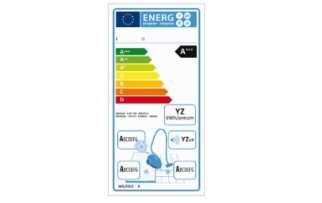
On November 6, 2017, the Argentinian Ministry of Production released Resolution 842-E/2017 in the Official Gazette of Argentina.
On December 27, 2017, Ecovacs Robotics submitted an IPO application.
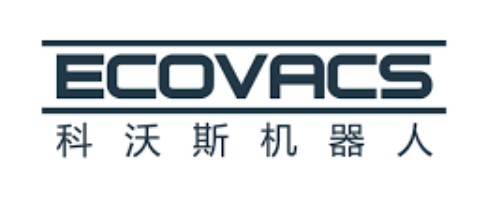
On July 14, 2017, the China Securities Regulatory Commission announced the IPO application by the vacuum cleaner hose manufacturer Jinhua Chunguang, which included the famous British brand Dyson.
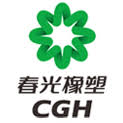
Who will write the 2018 history?




